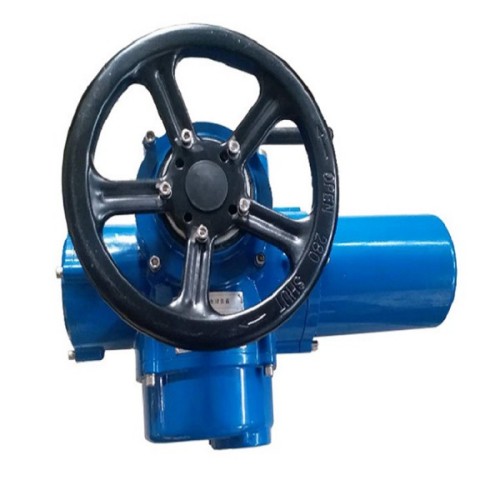Oca . 11, 2025 09:51
Back to list
stainless steel ball valve
Stainless steel ball valves have become an integral component in numerous industries due to their durability, efficiency, and versatility. These valves, crafted from stainless steel, are particularly prized for their corrosion resistance and ability to perform reliably under high-pressure conditions. Here's a comprehensive look at why stainless steel ball valves are considered superior in industrial applications and how they integrate into professional settings.
Real-world experience underscores the necessity for choosing the right stainless steel grade. For instance, 316 stainless steel is often preferred in environments where maximum corrosion resistance is required. This grade contains molybdenum, which enhances its resilience in marine and chloride-rich environments. For applications where cost-effectiveness is a priority without sacrificing performance, 304 stainless steel remains a popular choice. It's crucial to match the correct grade to the operational setting to prevent premature failure or costly downtime. Trustworthiness in stainless steel ball valves is further bolstered by documented case studies and field tests. Industries have reported significant performance improvements after switching to stainless steel variants due to their superior sealing capabilities and lower maintenance needs. Regular feedback and audits from users confirm the valves' capacity to maintain flow control integrity even after years of service, fostering confidence in their long-term dependability. Finally, industry professionals emphasize the importance of professional installation and maintenance of stainless steel ball valves. Skilled engineers recommend routine inspections to ensure optimal functionality, which includes checking for leaks, verifying the tightness of connections, and ensuring proper valve actuation. By adhering to these maintenance protocols, the lifespan of the valve—and by extension, the efficiency of the entire system—is greatly improved, thus maximizing the return on investment. In conclusion, stainless steel ball valves stand out for their durability, precision engineering, and adherence to quality standards, making them a critical component in industrial applications. By understanding their benefits and ensuring correct installation and maintenance, businesses can significantly enhance their operational efficiency and system reliability. Remember, selecting the right valve tailored to specific industrial needs is a decision that requires careful consideration of all these factors.


Real-world experience underscores the necessity for choosing the right stainless steel grade. For instance, 316 stainless steel is often preferred in environments where maximum corrosion resistance is required. This grade contains molybdenum, which enhances its resilience in marine and chloride-rich environments. For applications where cost-effectiveness is a priority without sacrificing performance, 304 stainless steel remains a popular choice. It's crucial to match the correct grade to the operational setting to prevent premature failure or costly downtime. Trustworthiness in stainless steel ball valves is further bolstered by documented case studies and field tests. Industries have reported significant performance improvements after switching to stainless steel variants due to their superior sealing capabilities and lower maintenance needs. Regular feedback and audits from users confirm the valves' capacity to maintain flow control integrity even after years of service, fostering confidence in their long-term dependability. Finally, industry professionals emphasize the importance of professional installation and maintenance of stainless steel ball valves. Skilled engineers recommend routine inspections to ensure optimal functionality, which includes checking for leaks, verifying the tightness of connections, and ensuring proper valve actuation. By adhering to these maintenance protocols, the lifespan of the valve—and by extension, the efficiency of the entire system—is greatly improved, thus maximizing the return on investment. In conclusion, stainless steel ball valves stand out for their durability, precision engineering, and adherence to quality standards, making them a critical component in industrial applications. By understanding their benefits and ensuring correct installation and maintenance, businesses can significantly enhance their operational efficiency and system reliability. Remember, selecting the right valve tailored to specific industrial needs is a decision that requires careful consideration of all these factors.
Next:
Latest news
-
Breakthrough in Domestic Low Temperature Valve Technology in ChinaNewsAug.18,2025
-
From Machinery to Intelligent Brain: The Digital Transformation Wave of the Valve IndustryNewsAug.18,2025
-
PCVEXPO 2025NewsAug.18,2025
-
The Key to Fluid Control: Exploring the Advantages of Ball Valves in Industrial SystemsNewsJul.09,2025
-
The Versatile World of 1, 2, and 3 Piece Ball ValvesNewsJul.09,2025
-
Stainless Steel Ball Valves: The Ideal Choice for Efficient Flow ControlNewsJul.09,2025
-
Optimizing Fluid Control with Ball Float ValvesNewsJul.09,2025




